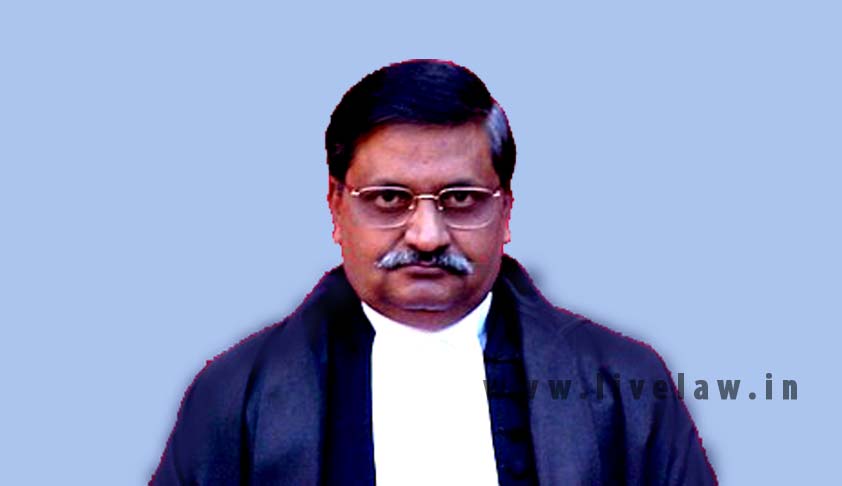- Home
- /
- Top Stories
- /
- Collegium has worked efficiently...
Collegium has worked efficiently says Justice Mukhopadhaya
Gaurav Pathak
16 March 2015 7:30 PM IST
Former Supreme Court judge Justice Sudhanshu Jyoti Mukhopadhaya has said that the collegium system has worked efficiently and satisfactorily. He said, “I can tell you one thing that this system (collegium) has worked efficiently. Like the IB can give reports to the judges about the other details of a person, it can only be judges who can evaluate the merits of a lawyer or a high court...
Next Story



